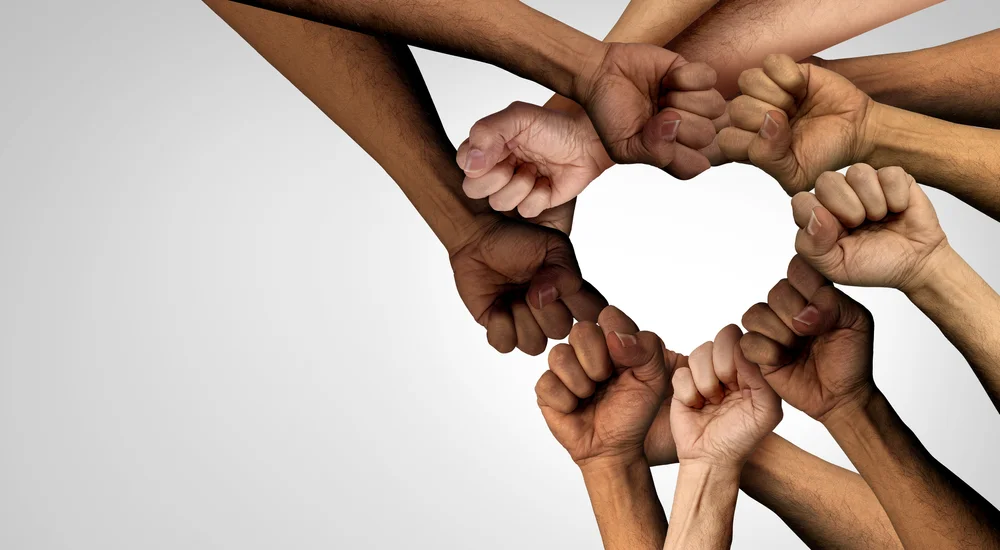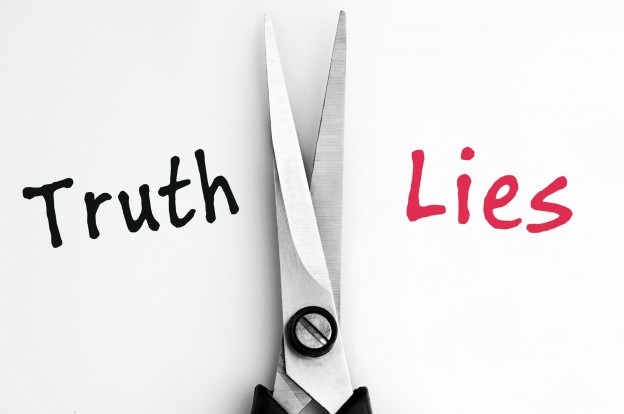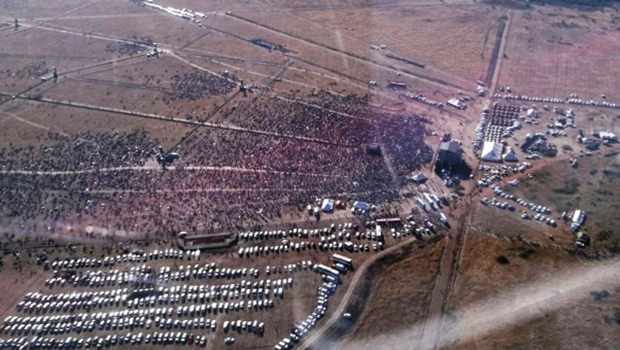This is my (rejected) contribution to the The World in Half a Century Forum 2020, held in honour of the famous Russian nobel laureate, Andrei Sakharov. I was invited to contribute a half hour virtual lecture to this forum, which had been due to be held in St Petersburg, Russia in 2020.
You will see why the organisers decided to reject my contribution, given what I say about truth, LGBTQI inclusion, diversity, communism and society. Sadly, even though Sakharov himself was a Russian dissident and activist against the Russian government, modern day Russian conferences were always unlikely to host a speaker with views that go against the current Russian State status quo.
So, here now for the first time is my contribution available for public viewing:
What do you think of my vision of how we build a society for the future, by focusing on diversity, minorities and the marginalised, and moving beyond the divided society we live in now?
Towards the end of the video I sum it up this way:
“We need to stop building a world that favours the rich and powerful. We must choose to build a society around the needs of minorities and those who have been previously excluded. … If we build a society for people who are not like us… we will build a better society… Those societies that do this will be better off than those that don’t 50 years from now.”







